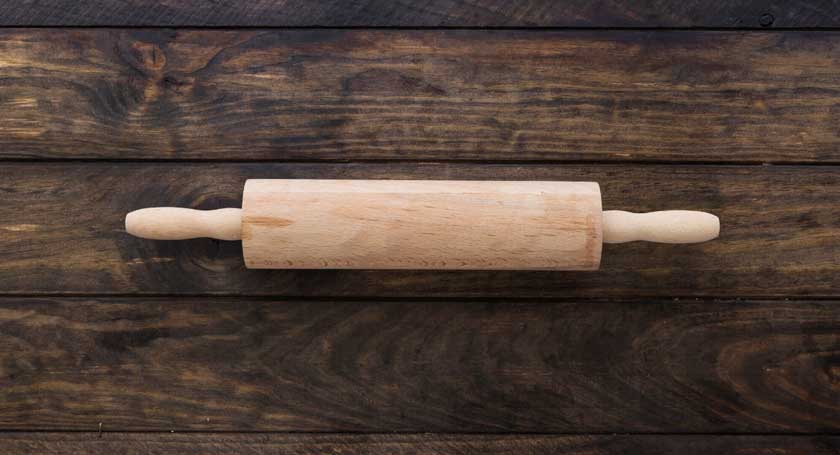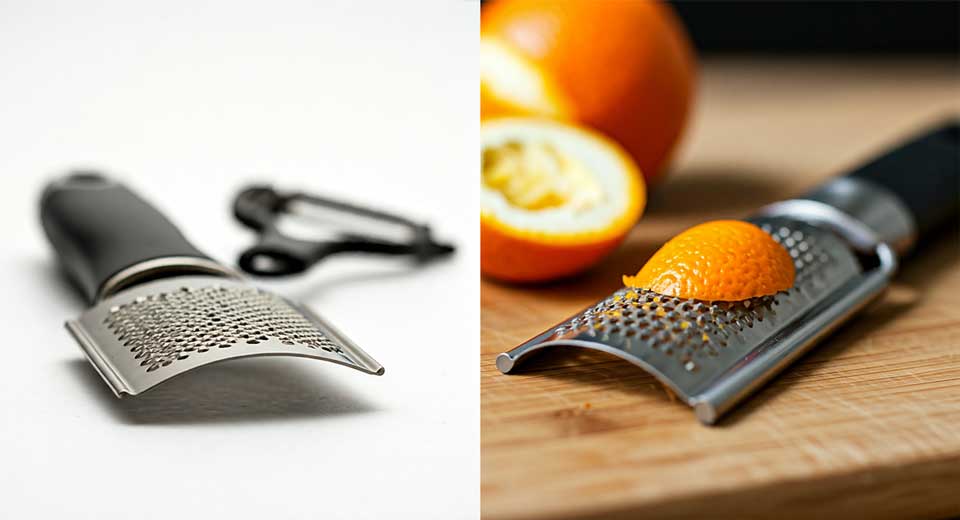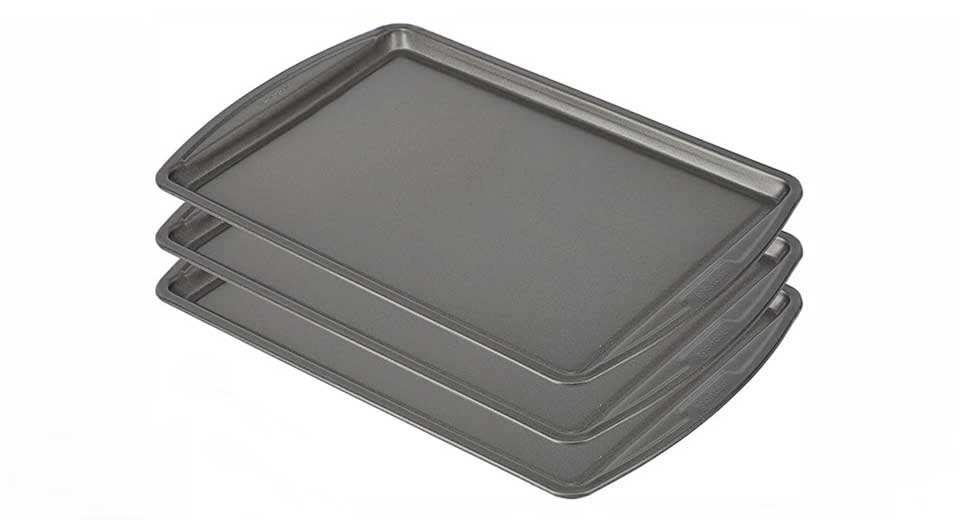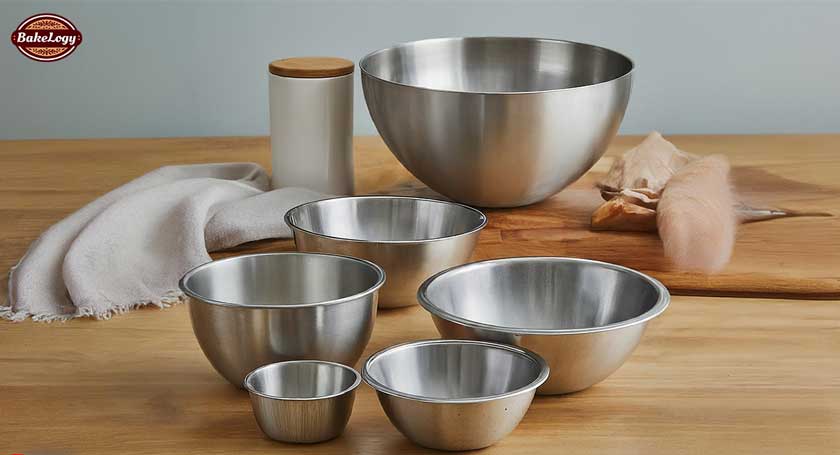Why Every Baker Needs a Reliable Timer in Their Kitchen
Every baker needs a reliable Timer as an essential baking tool to ensure perfect results. Discover why a Timer is crucial for precision and consistent baking quality.
The Importance of Precision in Baking
In baking, precision is crucial. Unlike cooking, where you can improvise, baking demands exact measurements and timing. A reliable timer ensures your cookies bake to perfection, your bread rises adequately, and your cakes don’t collapse. Here’s why:
- Consistency: A timer helps maintain consistency in your recipes, leading to reliable results each time.
- Preventing Overcooking: It prevents overbaking, which can ruin the texture and flavor.
- Safety: Accurate timing protects against undercooked goods, which can be a health hazard.
- Efficiency: Proper timing allows better multitasking, optimizing your baking process.
How a Reliable Timer Enhances Consistency
Using a reliable timer in your baking routine does wonders to enhance consistency. Here’s how:
- Precise Timing: Accurate timers ensure each bake receives the right cooking duration.
- Reproducibility: Achieving the same results every time becomes manageable.
- Multitasking: You can effortlessly keep track of various baking stages without losing focus.
- Avoiding Overbake/Underbake: Prevents common baking errors by alerting you exactly when needed.
- Meeting Recipes’ Specifics: Aligns perfectly with time-sensitive instructions from recipes.
An accurate timer is essential for mastering the delicate balance required in baking. You’ll find your baked treats consistently delectable.
Preventing Over and Under Baking with a Timer
Preventing over and under baking is crucial for achieving perfect baked goods consistently. By using a reliable timer, you minimize guesswork and ensure accurate baking. Consider the following:
- Consistency: Set the timer according to the recipe, ensuring your baked goods are cooked for the recommended duration.
- Alerts: Keep an ear out for frequent alerts to monitor and check the progress of your baking.
- Efficiency: Pre-set multiple intervals for complex recipes requiring different baking stages or preparative steps.
- Peace of mind: Avoid distracted baking accidents; a timer removes the need to constantly check the oven.
Using a timer ensures perfect results every time you bake.
Features to Look for in a Reliable Kitchen Timer
Identifying key features in a kitchen timer can make your baking experience more efficient and enjoyable.
- Precision: Ensure the timer can measure time accurately.
- Ease of Use: Look for intuitive controls and a readable display.
- Volume: Check that the alarm is loud enough to hear over kitchen noise.
- Durability: Opt for a timer made from sturdy materials.
- Multiple Timers: Some advanced models allow you to set multiple timers.
- Magnets or Stands: Consider if you need a magnet for fridge attachment or a stand to place it on a counter.
- Battery Life: Longer battery life can be very convenient.
Traditional vs Digital Timers: Which is Best?
When deciding between traditional and digital timers, consider your specific needs.
Traditional Timers:
- Simplicity: Easy to use with no need for batteries.
- Reliability: They’re usually robust and durable.
- No Frills: Basic but effective, focusing solely on timing.
Digital Timers:
- Precision: Offers to-the-second accuracy.
- Features: Multiple settings, countdown, and alarms.
- Flexibility: Some can be used for both cooking and baking.
Weighing these factors will help you choose the best timer for your baking tasks.
Incorporating Timers into Your Baking Routine
Utilize timers to streamline your baking routine. Here’s how:
- Preparation: Use timers to manage pre-baking tasks like dough rising or ingredient resting.
- Baking Stages: Set timers for each stage, ensuring you never over-mix, over-knead, or over-bake.
- Multitasking: Juggle multiple items efficiently. Timer alerts keep track of staggered start times.
- Cooling: Time your cooling process to achieve the perfect texture for frostings and fillings.
- Cleaning Up: Allocate specific times for cleanup, making it a seamless part of your routine.
“A timer in your kitchen is like a reliable assistant, ensuring perfection in every bake.”
Case Studies: Success Stories from Professional Bakers
John’s Artisan Bread:
John always talks about how his reliable timer transformed his bread-baking process. He uses a timer to ensure his dough rises perfectly.
Maria’s Pastry Perfection:
Maria credits her consistent pastry quality to strict timing. Precise timing helped her bake golden, flaky croissants every day.
Liam’s Cake Creations:
Liam never misses the sweet spot for his cakes with his timer. This precision guarantees moist, evenly baked layers each time.
Sophia’s Cookie Empire:
Sophia scaled her cookie business by setting precise bake times, ensuring every batch is uniformly delicious.
FAQ for Timer
Q1: Why is precision important in baking?
A: Precision is crucial in baking because even minor variations in time, temperature, or ingredient measurements can impact the outcome. Accurate timing ensures that your baked goods have the right texture, flavor, and consistency.
Q2: How does a reliable timer enhance consistency?
A: A reliable timer helps ensure that each baking session follows the same time parameters, leading to consistent results. This reduces the chance of human error and makes it easier to replicate successful recipes.
Q3: How can a timer help prevent over and under baking?
A: A timer allows you to monitor the exact baking duration, which helps prevent over-baking that can lead to dryness or burning and under-baking that may result in a raw interior. It acts as a safeguard against these common baking issues.
Q4: What features should you look for in a reliable kitchen timer?
A: Key features to look for include accuracy, ease of use, a clear display, loud alarms, multiple timing options, durability, and, in some cases, additional functionalities like countdown/up timers or memory recall.
Q5: What are the differences between traditional and digital timers?
A: Traditional timers often use mechanical components and have a more straightforward design, while digital timers offer greater precision, more features, and ease of readability. The choice depends on personal preference and specific baking needs.
Q6: How can you incorporate timers into your baking routine?
A: Incorporate timers by setting them for each stage of your recipe, such as mixing, rising, baking, or cooling times. This helps streamline your process and ensures nothing is left to guesswork, making your routine more efficient.
Q7: What are some success stories from professional bakers using timers?
A: Professional bakers often share success stories where reliable timers helped them achieve perfect results consistently, improve workflow efficiency, and ensure customer satisfaction with perfectly baked goods every time.




